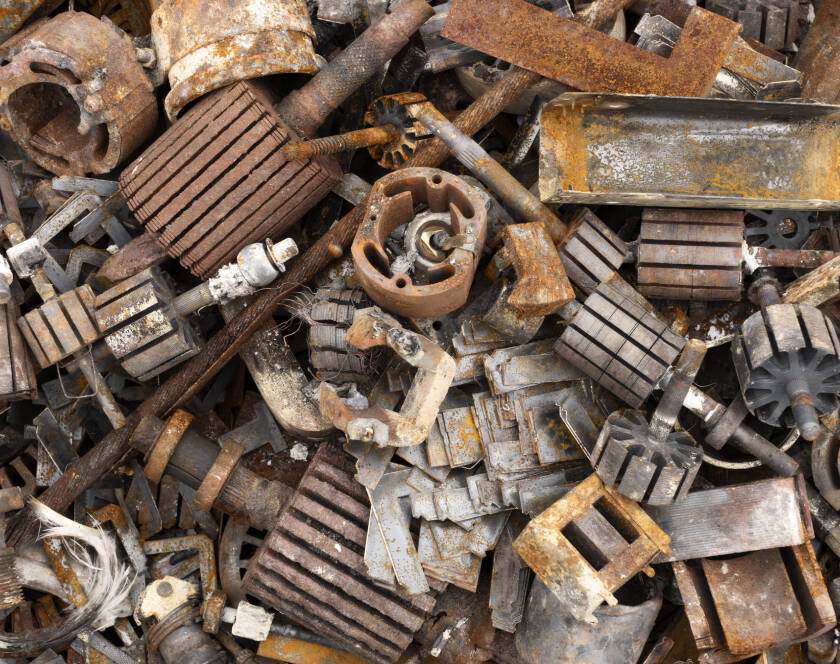Synopsis –
India’s burgeoning demand for precious metals presents both a challenge and an opportunity for sustainable management. This blog examines the revolutionary impact of precious metal recycling in India, highlighting how this process conserves limited natural resources and significantly reduces environmental pollution. Discover the technologies and strategies transforming precious metal recovery, making it a cornerstone of India’s recycling efforts and a model for global sustainability.
Transforming Resources- India's Approach to Precious Metal Recovery
With its vast consumption and demand for precious metals, India is at the forefront of adopting innovative recycling technologies to manage these valuable resources sustainably. Precious metals like gold, silver, and platinum are integral to various industries, including jewellery, electronics, and manufacturing. As the extraction of these metals is often environmentally damaging and unsustainable, recycling provides a crucial alternative.
Importance of Precious Metal Recycling Recycling precious metals is critical due to their limited availability and the environmental impact of mining activities. Recycling reduces the need to mine fresh metal, which involves significant ecological disruption and energy consumption. Recycling also helps recover valuable metals from electronic waste and other products at the end of their life cycle, promoting a circular economy.
Advanced Technologies in Metal Recovery Innovative technologies have revolutionized the process of precious metal recycling in India. Techniques such as hydrometallurgy, bioleaching, and electrochemical recovery enhance the efficiency and effectiveness of metal recovery from various waste streams. These methods are environmentally friendly and economically viable, as they recover high-purity metals that can be reintroduced into the manufacturing process.
Economic and Environmental Benefits The recycling of precious metals has significant financial benefits, including reducing the cost associated with raw material procurement and minimizing the economic volatility of precious metal markets. Environmentally, it conserves natural resources, reduces greenhouse gas emissions, and decreases the volume of waste sent to landfills. Moreover, it mitigates the health risks associated with toxic by-products of mining and metal extraction.
Statistical Insight According to the World Gold Council, India is one of the largest consumers of gold globally, and recycling in this sector can meet up to 10% of the country’s gold demand.
Quote from a Famous Indian: “Let new India arise out of peasants’ cottages, grasping the plough, out of huts, cobbler and sweeper,” said Swami Vivekananda, emphasizing the importance of grassroots innovation and sustainable practices in building the nation. This vision aligns with India’s approach to precious metal recycling, which seeks to harness every segment of society in the drive towards sustainability.
Challenges in Precious Metal Recycling While there are many advantages, India’s precious metal recycling industry faces several challenges, including technological limitations, regulatory hurdles, and a lack of consumer awareness about recycling programs. Overcoming these challenges requires continuous investment in research and development, more robust policy frameworks, and extensive public education campaigns.
Endeavor Recyclers‘ Role in Shaping the Industry At Endeavor Recyclers, we are committed to pioneering India’s precious metal recycling industry. Our advanced processing techniques ensure maximum recycled metal recovery and purity, contributing to environmental conservation and economic stability. By partnering with us, stakeholders can ensure their practices comply with and set new standards for responsible metal recycling.


